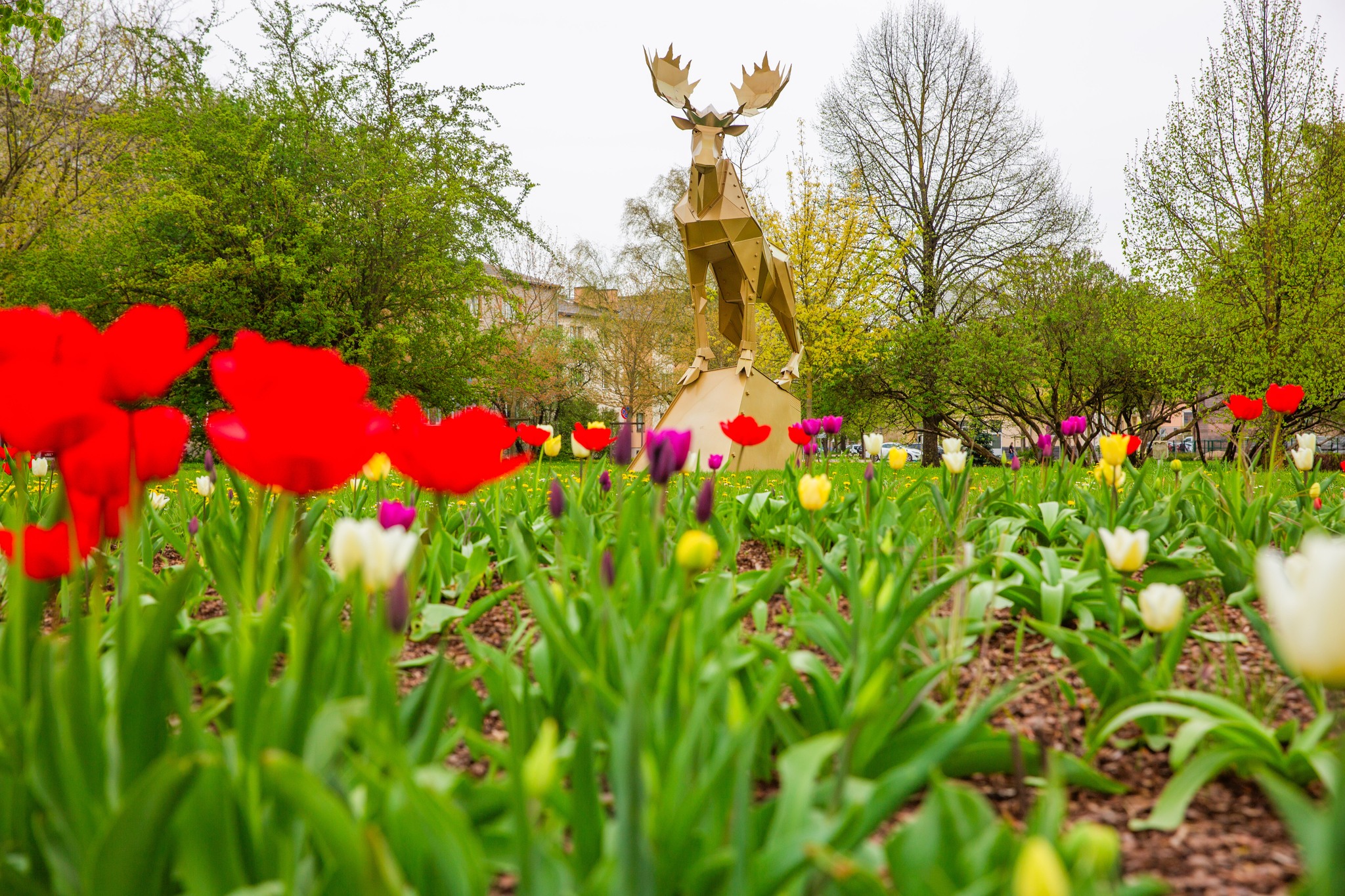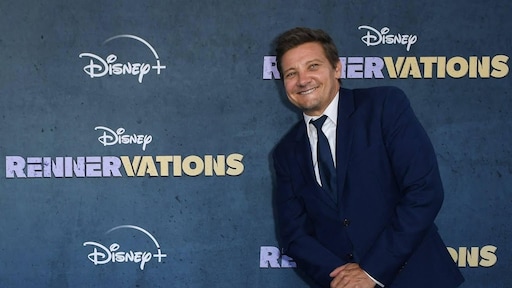#Horseless #coachmen #transforming #traditions #animal #welfare #News #today
Currently, coachmen have three packages: a ride that lasts 20 minutes and costs $90,000, another that lasts 40 minutes and costs $180,000, and the last one that lasts 60 minutes and costs $240,000.
Photo: PaseoenCoche
Walking the streets of the Historic Center of Cartagena listening to the gallop of a horse is an experience that has captivated hundreds of tourists from all over the world for years. The ride in a car, float or carriage evolved over time to become a symbol of the city. This tourist attraction is present in almost all the films that have been filmed in La Heroica, such as “Queimada”, from 1969, and is the protagonist of well-known songs such as “Cartagena tú”, by the artist Jesús David Quintana. There are even those who consider it part of Cartagena’s heritage, creating a sense of belonging and inspiring great artists.
However, behind this legendary tradition, there is a problem that has become increasingly noticeable over the years: animal abuse. This problem has not only been denounced by the people of Cartagena, but also by inhabitants of other parts of the country and foreign citizens who choose this city as a tourist destination.
Read: Animal cloning: why does it cause so much controversy?
A report presented by the Attorney General’s Office in 2021 revealed the conditions in which Cartagena’s coach horses were found. According to the data, some horses remained malnourished and with their heart rates above normal values due to physical effort and exhausting days of work under the strong sun.
Given this situation, a few years ago animal advocates and local entities began working on an initiative to replace coach horses with electric cars. The idea of the project is to protect the horses, but without leaving aside the people who make a living from this activity. A pilot test of this car has already begun in Cartagena, which will replace, if approved, the horses that have been traveling around the city for two centuries. This process is carried out in the company of the Cartagena Association of Coachmen, Asocarcoch.
“We are going to work in concert between the Mayor’s Office of Cartagena and the Cartagena Association of Coachmen in the commitment to the implementation of a new model, with the same structure as the car, but with a totally different traction than the horse. We agreed to present some prototypes of another type of traction and we will test over the days, over time, to reach the ideal model, one that is operational, that is technical, sustainable for the replacement process,” indicated Julio Martínez, secretary of Asocarcoch. .
Read: Justice suspends bullfights again in Mexico City
Although the news has been celebrated by different sectors of society, there are those who say they do not agree with the proposal. For them, horse-drawn carriages are not only a tourist attraction, but also part of the heritage that preserves all that magic of old Cartagena. “One of the disadvantages of filling the historic center with floats with invisible horses is that our beautiful walled city will always look more like Disney World, losing the colonial characteristic that makes it unique in the world,” wrote the writer and producer of film and television, Salvo Basile, in his opinion column “A horse without a horse.”
Some members of the Cartagena Coachmen’s Association claim that today the coachmen’s horses are part of the city’s heritage declaration given by UNESCO in 1984; However, this expressly refers to the “port, fortresses and monumental complex of Cartagena”, so horses would not be included in this recognition.
For Manuel Sevilla, professor and heritage researcher at the Pontificia Universidad Javeriana de Cali, cultural heritage consists of a series of cultural forms, objects, spaces, practices, systems of ideas or knowledge, which are considered very important for the identity of a community. This definition places at the center the idea that heritage is recognized by a population, even when there is no type of official recognition. However, according to Sevilla, we should ask ourselves which communities consider coach horses as part of their identity. This is taking into account that the walled center of Cartagena is a space that is increasingly less inhabited by people from the city, being rather a place for tourist enjoyment.
For the expert, the most important thing is to understand that practices considered by some communities as heritage can transform over time, especially “those that go against animal rights.” This is because cultures are living and changing, therefore, so is heritage.
“The only cultures that don’t change are those in museums. That is, those that are dead. All other cultures are transforming. Sometimes, ethical references are also transformed, what societies consider acceptable and what they do not. In this transformation there will necessarily be traditions, practices, spaces and objects that are very important to some, but which in the new ethical frameworks are unacceptable to maintain.”
Read: “Firefighter animals”: essential species to avoid forest fires
According to Lucy Espinoza, director of the Institute of Heritage and Culture of Cartagena (IPPC), societies are increasingly moving towards a sustainability model that allows them to be friendly to the environment, generate responsible tourism actions and animal protection. “Our government works under these three premises. Now, the replacement process will provide permanent support from heritage and tourism, for the development of products and thematic tours that are consistent with our history. In addition, the electric car prototypes will continue to maintain tourist attractions and heritage characteristics.”
However, Sevilla explains that these transition processes must occur in a respectful manner, always recognizing that there were important values and traditions for a community. In this sense it is necessary to do an exercise in memory, photography and recognition.
“We must recognize that there are practices considered traditional, and even heritage, that have an impact on the well-being of other living beings. In these cases, as a responsible society, we must, first of all, take into account the impact that is being had on others and second, promote a process of transition and change. I don’t think that because something is traditional or heritage, it has to stay still. I believe that as a society we are transforming, but I do advocate respect for the dignity of the people involved in these practices and their visibility. We have to be very careful of sensitivities, we have to make these transits with dignity, with memory exercises, recognition and looking for economic alternatives,” says Sevilla.
Given this, the IPPC management recognizes that one of the purposes of the process of transition and replacement of coach horses to electric cars is job dignity through a business reconversion project, with which people who are dedicated to this activity can formalize your work and grow professionally and professionally.
“The institutional position of the Government led by Mayor Dumek Turbay is one, the process of substitution and transition from coach horses to electric cars has no reverse, it is a firm decision, a campaign promise endorsed by the people of Cartagena and supported by different Social Organizations. However, we are open and willing to receive suggestions and observations regarding adjustments to the proposed prototype, which is not the definitive one, as it is only a first pilot. This process is with the coachmen, without them there will be nothing. With them we are going to agree on the adjustments to the prototype,” says Espinoza.
Experts assure that it is important not to override the rights of communities, but rather to recognize their cultural expressions and transform them according to new ethical paradigms. “Here is an enormous, very beautiful opportunity for us as a society to show that we can transform ourselves to new ethical frameworks of respect for living beings and, at the same time, for memory and for what was culturally relevant at another time. Only in this way can we build on our history,” concludes Sevilla.
It is undeniable that, for many, the car ride is part of the cultural heritage of Cartagena de Indias, a place that is synonymous with history, revolution and heroism. This practice, in one way or another, has contributed to the way this city is seen and known, creating spaces in the labor field and strengthening tourism. However, the transformation it is currently experiencing is an example of the increasingly important debate about the limits that should exist when safeguarding traditions.
🐾 Do you want to stay up to date and know the latest news about the animal world? We invite you to see them on La Red Zoocial. 🐶🐱 Also, if you have a story or are interested in telling yours with your pet, you can write to us at [email protected]




:strip_exif()/i/2006708926.jpeg?f=thumbs_fpa_small)





